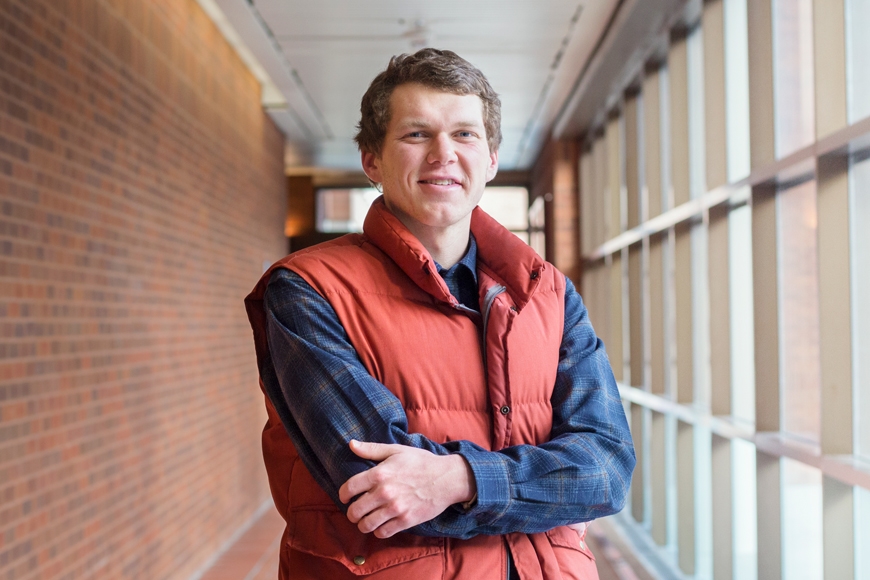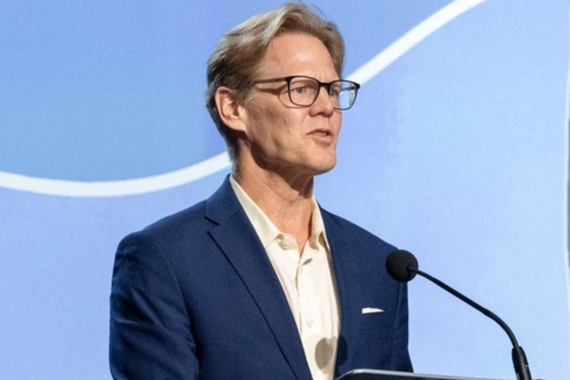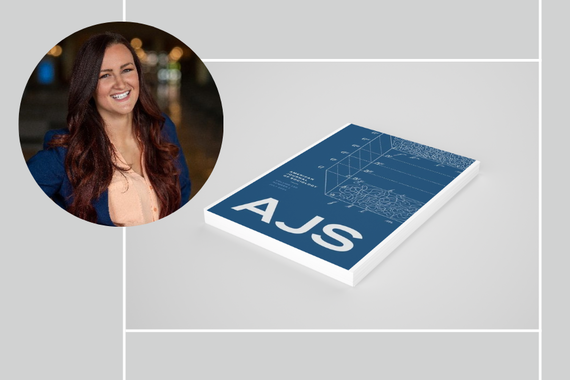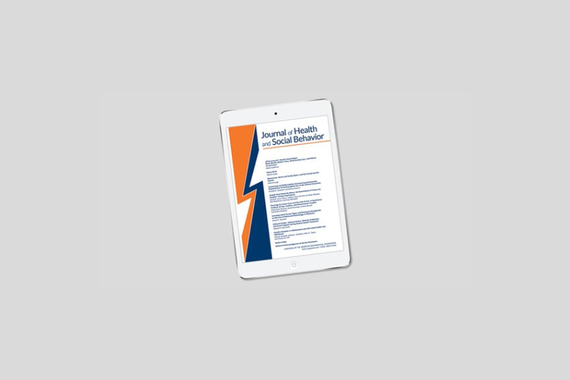Learning More from an Encore
“Over the past century, scientists have done a really great job of adding years to the human lifespan, but now we are faced with the problem of how to add life to those years,” says Miles Sebald, sociology undergraduate.
People are expected to live an average of thirty years after retirement, so the question becomes: what should they do with that time? As more members of the baby boomer generation leave their jobs every day, most of them are not going to feel content sliding by on their retirement savings. How can we keep these individuals active in the community and society?
Assisting an Innovative Program for Boomers
Miles Sebald has been working with sociology professor Phyllis Moen’s University of Minnesota Advanced Careers initiative (UMAC), a program tailored for baby boomers seeking both personal renewal and ways to use their talents for the common good.
Sebald started off studying at a small liberal arts college in Tennessee, but soon realized it wasn’t the right fit for him. He moved back to Minnesota and took a year to decide what his next step would be.
Sebald decided to take Introduction to Sociology at the University of Minnesota that summer and instantly felt a connection with the area of study. As he says, “The Department of Sociology helped me care about exploring new forms of knowledge. [Since then] I’ve become a better listener, better reader, and a better writer.”
After taking the introductory course, Sebald knew that he wanted to go back to school and focus his energy on his two passions: economics and sociology.
His undergraduate experience has involved learning more about himself and what he wants to do with his life. It was by chance that one day he saw an email about applying to be a research assistant for Professor Moen’s program, and Sebald couldn’t say no to the opportunity. He had previous experience working in a multi-generational setting and it was an area that interested him. Although he would be working with adults of a different generation, Sebald was excited to learn he and the UMAC fellows had much in common. For Sebald, it was figuring out his post-graduation path, and for the fellows, it was the chance for a second act.
Multigenerational Learning and Shared Experiences
UMAC helps baby boomers transition from their life careers to new volunteer or paid positions in encore adulthood. What is encore adulthood? Sebald describes it as any adult between the ages of 50 and 79 who is in search of their next step in life.
The program is in its inaugural year, working with ten adults within the classroom and also in the real world. Sebald has been working directly with the fellows in the program and does other odds and ends like researching other life-course centers and initiatives to optimize the UMAC program.
The UMAC fellows first take courses that help them understand their personal and professional goals with Professor Moen and Professor Steven Ruggles from the Department of History. After a first semester focusing on classes, the fellows move out in the spring to complete “midternships” in a field of their choice.
Sebald says that after taking a semester of classes, “they’ve got a good foundation in other areas and have well honed functional skills for the workforce.” The program emphasizes that although these adults may have had careers in a variety of different areas, they can still learn new skills and get involved in new industries during encore adulthood.
For Sebald, the concept of “encore adulthood” means that participants don’t have to stick with the career they have developed over the past 40 years of their life. “[Encore adults] don’t have to be an expert in one thing and feel constrained to that discipline.” Sometimes people need a change of speed, and “just because there’s a social norm that you just kind of wait it out until the expiration date, you don’t have to do that.”
During his time as a research assistant with the program, Sebald has gained a lot of insight into this generation of people and also about himself. He describes the program as being a supportive community, where people of different backgrounds can come together and discuss their passion to try new things. The program’s focus on multi-generational learning shaped how Sebald views the boomer generation and has challenged common stereotypes. “Us youngins think [certain] things about people beyond our ages,” he says. “But I can assure you many of the fellows are younger than me or at least it seems that way.”
Taking Experience into the Real World
During his time at the University, Sebald has forged close and lasting connections in the Department of Sociology. As he describes, his degree has “made [him] better at building relationships, and made [him] more conscious of the groups [he] interact[s] with.”
In the future, he hopes to start working after graduation and save up so he can return for graduate school. While Sebald has had a plethora of opportunities at the University, one he won’t forget is working with the program fellows. “I learn something new every time. The insight that I get working with them is invaluable, it’s incredible.”
This story was written by an undergraduate student in CLA.



